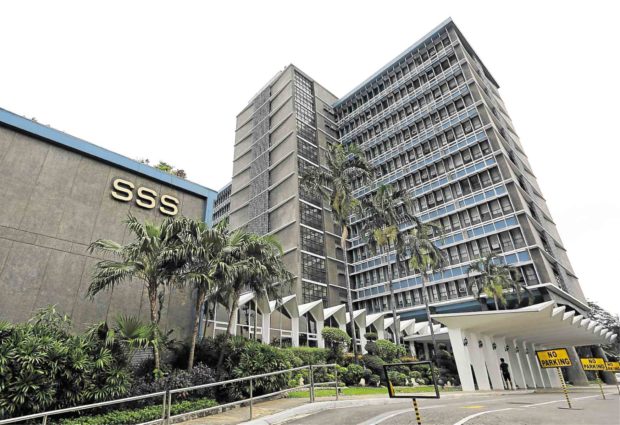MANILA, Philippines — Amid findings that 466,881 employers in the private sector did not remit P92.49 billion to the Social Security System (SSS) in 2022, Rep. Fidel Nograles on Monday pressed employers to regularly remit their employees’ SSS contributions for their social security protection.
“We urge our employers not to turn their backs on their responsibilities to their employees. They should pay their share of their employees’ premium contributions,” said Nograles, who chairs the House labor and employment committee.
In a statement on Monday, he stressed that the uncollected SSS premiums are “crucial in ensuring that the SSS is able to carry out its mandate of providing social security protection.”
“The SSS relies on these premium payments to perform its duty of giving the claims and benefits rightfully due to the SSS members,” Nograles said.
He made the call after the Commission on Audit said the SSS only collected P2.48 billion or less than 3 percent of the expected P94.97 billion premium payments last year.
This meant that 466,881 employers did not remit their employees’ premium collections worth P92.49 billion.
State auditors said P59.7 billion was not collected from 137,335 employers in Metro Manila, P16.35 billion was uncollected from 184,981 employers in the rest of Luzon, P5.5 billion was not remitted by 73,568 employers in the Visayas, while P4.4 billion was not collected from 65,012 employers in Mindanao.
Under Republic Act No. 11199, or the 2018 Social Security Act, employers who fail to register their employees under the SSS and fail to remit premium contributions may be meted a prison term of six to 12 years, and a fine of P5,000 to P20,000.
In addition, an employer who fails to remit premium contributions within 30 days of its due date may be charged for swindling under the Revised Penal Code.
SSS premium contributions are jointly paid by the employee and the employer. The employer pays a larger share of the employee’s SSS premium, which is 14 percent of the employee’s basic salary.
RA 11199 stated that the rights of an SSS member to benefits are not prejudiced by the employer’s failure or refusal to pay or remit the premium contributions.
Nograles urged lawmakers not to wait for the SSS to file cases against them for violating the 2018 Social Security Act.
“Employers may take advantage of the contribution penalty condonation programs of the SSS, so that their penalties may be waived. They should not wait for the SSS to file cases against them because of nonpayment,” he added.
